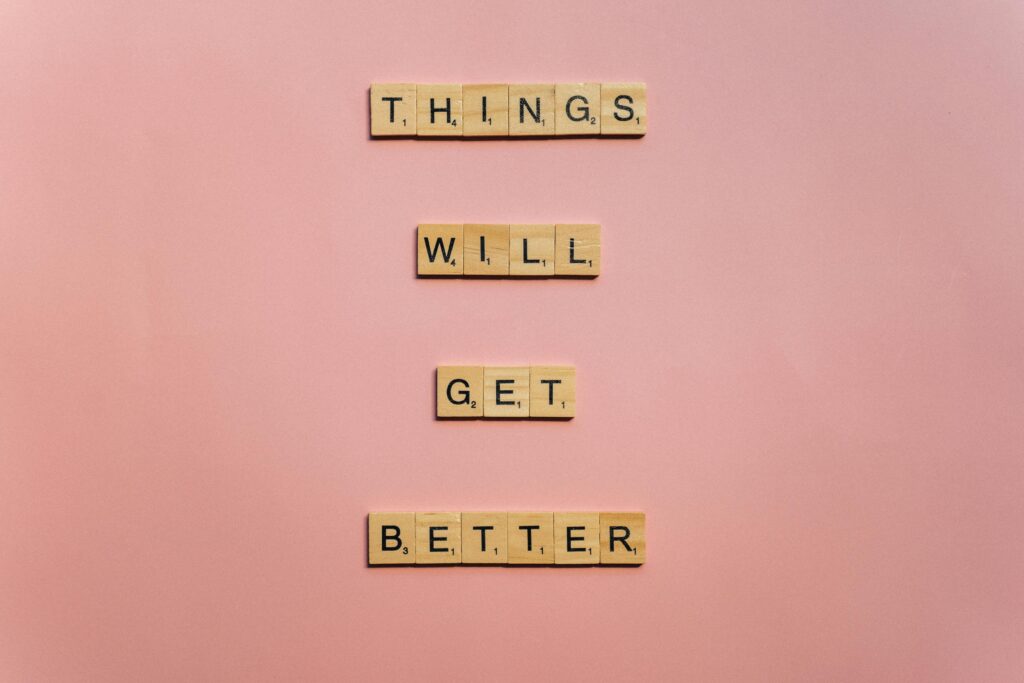Learn how modern Islamic teachings align with mental health awareness. This friendly, easy-to-read guide explores spiritual tools, coping methods, and self-care habits inspired by Islam to nurture emotional well-being. Modern Topics in Islam and Mental Health.
H1: Embracing Mental Health Through the Lens of Islam

When I first began learning about mental health, I thought it was only about stress or sadness. But as I explored Islamic teachings, I discovered that Islam talks deeply about the heart, the soul, and emotional well-being. Modern challenges like anxiety, burnout, and loneliness can be overwhelming—but our faith gives us tools. In this guide, I’ll share how Islamic principles can support our mental wellness in today’s fast-paced world.
H2: Understanding Mental Health in Islamic Tradition
Islam encourages balance between the body, mind, and soul. Our beloved Prophet Muhammad (ﷺ) emphasized emotional resilience. Whether it’s through prayer, gratitude, or community support, Islam teaches us to care for our inner world. Mental health isn’t a weakness—it’s a vital part of being human. By recognizing this, I started to understand that seeking help and healing is part of our deen (faith), not separate from it.
H3: The Concept of “Nafs” and Emotional Awareness
The Qur’an talks about nafs—our inner self. There are three types: nafs al-ammara (commanding soul), nafs al-lawwama (self-reproaching soul), and nafs al-mutma’inna (soul at peace). Recognizing which state my soul is in helps me understand my emotions. Islam doesn’t ignore sadness or anger. It teaches us to recognize, name, and manage them gently through remembrance (dhikr) and reflection.
H2: How to Recognize Signs of Mental Health Struggles

Before I understood mental health, I didn’t realize how common symptoms were. I used to think overthinking, isolation, or fatigue were just part of life. But Islam encourages us to protect our aql (mind), just like our body. Here’s how I began identifying struggles within myself and those around me.
Common Signs Include:
- Feeling constantly tired, even with rest
- Losing interest in prayer or spiritual acts
- Withdrawing from family or friends
- Overwhelming feelings of guilt or fear
- Sleep issues or eating changes
“Indeed, the heart finds rest in the remembrance of Allah.” (Qur’an 13:28)
This verse reminded me that emotional unrest is natural—but so is seeking peace.
H2: Islamic Ways to Support Mental Health
Once I identified how I felt, I turned to my faith for comfort. Islam doesn’t ask us to suffer in silence. Instead, it gives us tools to heal. These tools are both spiritual and practical, blending the sacred with the everyday. Here are some practices that helped me build emotional resilience, rooted in Islamic values.
H3: Daily Dhikr (Remembrance) as Healing
When I wake up anxious, I start my day with morning adhkar (remembrances). The Prophet (ﷺ) regularly made dhikr to stay grounded. These phrases calm my racing thoughts and connect me to Allah.
Examples of Daily Dhikr:
| Time of Day | Recommended Dhikr |
|---|---|
| Morning | SubhanAllahi wa bihamdihi 100 times |
| Night | Ayat-ul-Kursi before sleeping |
| Anytime | La hawla wa la quwwata illa billah |
Just five minutes of dhikr daily gives my mind a safe, peaceful space to rest.
H3: Salah as Emotional Regulation
I never realized how powerful prayer is until I cried in sujood (prostration). Salah gives me a moment to pause, reflect, and reconnect. It’s more than worship—it’s self-care. Each movement, verse, and pause in salah offers peace and mindfulness. It slows the heart and reminds me I’m never alone, even during hard days.
H3: Fasting and Mindfulness
Fasting helps me notice my thoughts. When I’m hungry or irritable, I become more aware of my emotional triggers. Islam encourages fasting beyond Ramadan—for example, on Mondays and Thursdays. These small spiritual resets teach self-control and reflection, which are key for emotional balance.
H2: Therapy and Tawakkul (Trust in Allah)

Some Muslims fear that therapy means lacking faith. But I believe therapy is part of trusting Allah’s mercy. Islam tells us to tie our camel—meaning, do our part before relying on Allah. That includes seeking professional help when our minds or emotions feel heavy.
Combining Islamic Faith with Professional Help
| Approach | Islamic Perspective |
|---|---|
| Seeing a therapist | Like seeing a doctor for the heart or bones |
| Using CBT or mindfulness | Aligns with tafakkur (deep reflection) in Islam |
| Talking about trauma | Sunnah to seek counsel and support |
| Taking medication | Permissible if it supports your well-being |
Islam encourages healing by all means. Our Prophet (ﷺ) said, “Seek treatment, for Allah has not made a disease without appointing a remedy for it.” (Abu Dawud)
H2: Building a Mentally Healthy Islamic Lifestyle
I didn’t change my life overnight. But little habits—rooted in the Sunnah—improved my mental health. By living more intentionally and prioritizing rest, reflection, and prayer, I noticed I became calmer, kinder, and more patient with myself and others.
H3: Creating Routine and Boundaries
Having a routine helps me stay grounded. I start my day with Fajr, journaling, and a walk. I also learned to say “no” without guilt. Islam values rest and balance. Even the Prophet (ﷺ) rested, laughed, and spent time with family.
H3: Limiting Toxic Inputs
Scrolling for hours or watching content that drains me used to affect my mental state. Islam encourages ghadd al-basar—lowering the gaze—not just physically, but also guarding the heart. I now choose what I consume with intention, prioritizing peace over noise.
Healthy Islamic Habits Table
| Habit | Benefit for Mental Health |
|---|---|
| Regular Salah | Reduces anxiety and brings structure |
| Journaling Dua or Gratitude | Boosts positive thinking |
| Morning/Evening Adhkar | Builds spiritual protection and calm |
| Sleep after Isha | Improves sleep cycle and brain rest |
| Friday Self-Check (Jumu’ah) | Weekly reflection for inner renewal |
H2: Supporting Others in the Ummah

Islam is a community-based faith. We are encouraged to care for others, check in, and lend support. If I notice someone withdrawing or looking tired, I now try to ask gently, “How are you, really?” Just a kind word can be sadaqah (charity).
Ways to Support Mental Wellness in Others
- Listen without judging or preaching
- Pray for them in private
- Share Islamic reminders gently
- Invite them for tea or a walk
- Encourage professional help if needed
“A believer is like a mirror to another believer.” (Abu Dawud)
Supporting others doesn’t mean fixing them. It means reflecting their worth and reminding them of Allah’s mercy.
H2: Breaking the Stigma in Muslim Communities
One of the hardest parts is that mental health is still taboo in many homes. I’ve heard people say, “Just pray more,” or “Don’t talk about that.” But the Prophet (ﷺ) talked about grief, fear, and stress. He even wept during hardships.
Islam never silenced pain—it gave it a purpose. By starting conversations, writing about it, and being honest, we can change how our communities view emotional health.
Conclusion: Faith and Mental Wellness Go Hand in Hand
At first, I thought I had to choose—faith or mental health. But the more I learned, the more I realized they belong together. Islam teaches us to care for our hearts, minds, and souls. It gives us tools like prayer, dhikr, fasting, and community to support healing.
By blending Islamic practices with mental health awareness, I’ve found balance. I’m still learning, still healing—but now I do it with faith and intention. And that has made all the difference.


